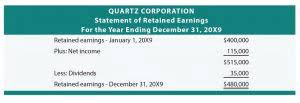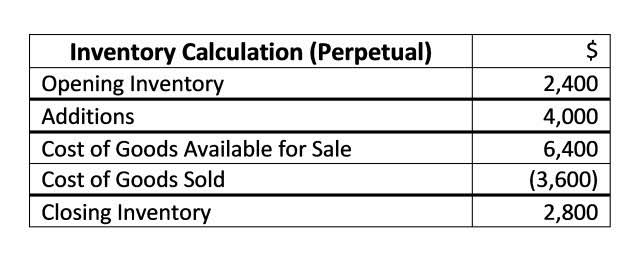
Let’s explore the role of technology in modern accounting for tech companies accounting and its many applications in the workplace. As accounting procedures become more digital, cybersecurity becomes a paramount concern. Organizations must heavily invest in robust cybersecurity measures, implement security protocols, and continuously educate teams on cybersecurity best practices to mitigate evolving cyber threats.

Cloud accounting

Accounting firms that offer hands-on training opportunities may gain a competitive edge as well. The next generation of accounting technology delivers the latest in artificial intelligence, cognitive computing, and machine learning technologies. With technology impacting accounting in so many ways, forward-thinking firms are developing strategies to embrace these accounting technology trends and use them to engage younger generations in the workforce. Further, accounting technology can offer accountants a built-in practice management solution to manage the day-to-day operations of the firm, including revenue management, client contact, project management, and time management. Accounting technology can even provide a snapshot of performance highlights on a digital dashboard, including key performance indicators (KPIs) which offer a bird’s eye view of the firm’s overall performance. Cloud-based accounting technology is relied upon to complete repetitive, tedious tasks and creating efficiencies that free up accountants for more meaningful work.
- We also incorporate the best practices and learnings in CPA.com’s array of CAS Professional Services offerings that help firms build, optimize and scale their CAS practices for future growth.
- Certain services may not be available to attest clients under the rules and regulations of public accounting.
- Learn which trends are shaping the industry in 2025 and what they will mean for your accounting practice.
- For example, technology businesses may struggle with some grant funding where net assets or liabilities are a test of eligibility simply because deferred revenue can skew the balance sheet.
- Artificial intelligence in accounting is projected to grow 32% year-over-year through to 2028.
- You’ll receive mentorship from world-class faculty with years of leadership experience and extensive networks in the accounting industry.
- She leveraged a structured training course that allowed her to easily follow along and implement her learning alongside her daily work.
Predictive Analytics

Automation and other data-driven technologies are poised to free accountants, not constrain them. Organizations that understand the potential and importance of these technologies — and invest in the tools and training required to help their accountants take full advantage — will be ahead of the curve. Tomorrow’s accountants will play a more creative and strategic role in their companies. As a result, their businesses will not only enjoy more efficient workflows and reap more useful insights from their accounting processes, but help strengthen their own resiliency, agility and competitive footing.
The Role of Artificial Intelligence
TaxThe tax area is also ripe for disruption, with Gen AI offering new possibilities for innovation. Tax datasets, tax codes, and planning strategies can all benefit from AI-driven insights. Over the next two years, we expect to see a significant shift in the services and solutions available in the tax space. In regulatory compliance, AI proves invaluable by swiftly detecting anomalies and potential fraud in transactions, ensuring adherence to regulations like the Sarbanes-Oxley Act and the Foreign Corrupt Practices Act. AI also automates the preparation of financial statements, ensuring accuracy in reporting and compliance with standards such as GAAP and IFRS. The bookkeeping accounting profession has evolved significantly since its inception nearly five millennia ago.

Accounting technology bookkeeping and payroll services is an umbrella term for tools, software, and systems used in the accounting profession. Clients want things to get done faster, better, and more accurately — especially when it comes to accounting and financial data. Investing in or otherwise being in the business of selling or using digital assets may present technology entities with a host of opportunities but also unique accounting challenges. The accounting for income taxes under ASC 740 that are most relevant to the technology industry is sometimes very specific and can be challenging to apply.
- With secure web-based tools, accountants can collaborate across departments and time zones, keeping teams connected and productive no matter where they are.
- Using generative AI tools presents an opportunity to reshape your workflow and concentrate on the unique strengths that only humans can bring to the table.In this way, AI will become your partner, not your adversary.
- This integrated approach ensures that clients receive tailored solutions that address their specific needs, driving greater value and efficiency.
- AI’s ability to perform sentiment analysis on news articles and social media posts is another game-changer.
- Accountants, for example, can put their uniquely human skills to work transforming the insights extracted from high-quality data into more effective financial planning and reporting.
- What used to take weeks now takes minutes, eliminating tedious tasks and allowing accountants more freedom, responsibility and time.
